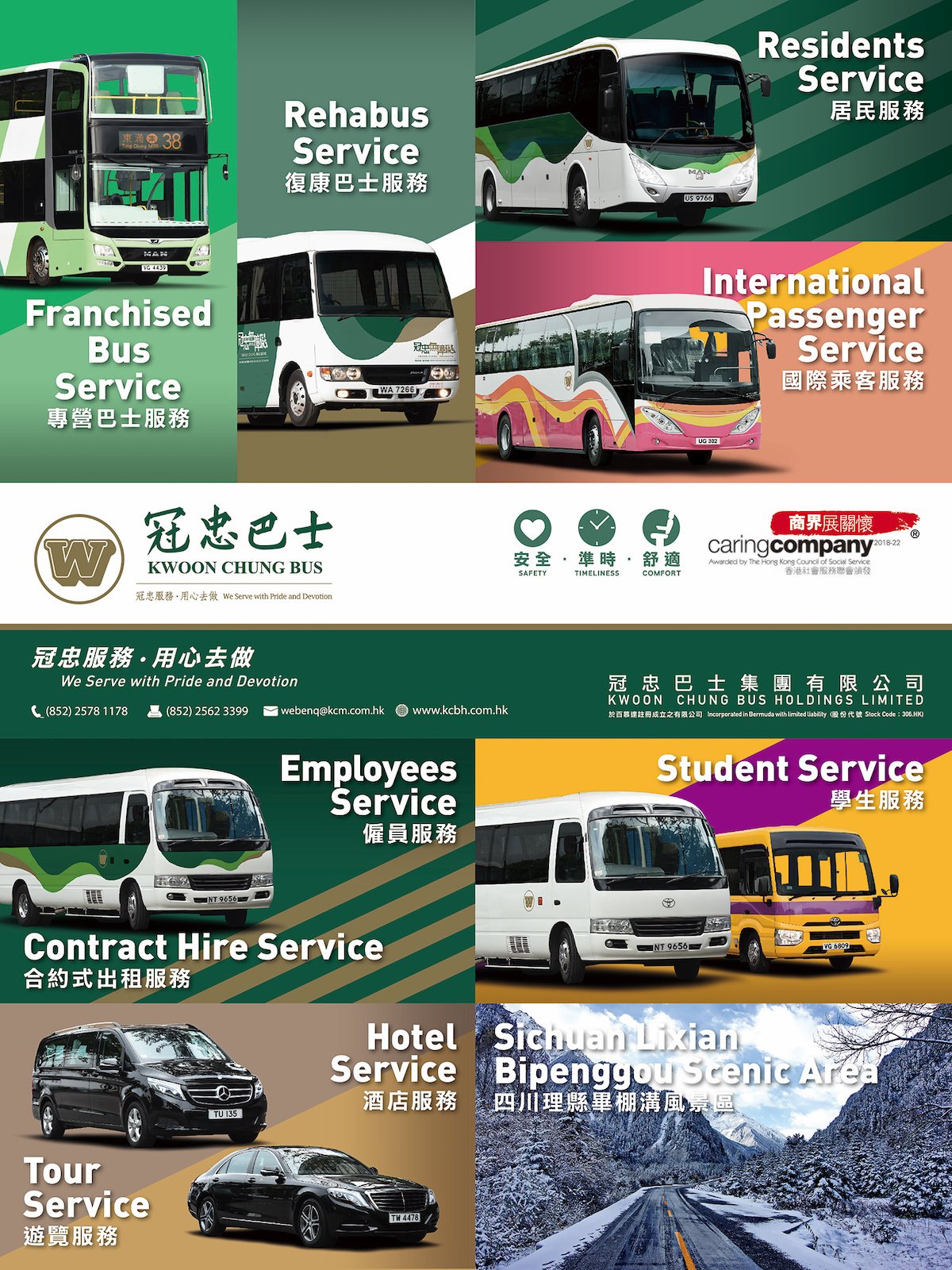Education is Ron Roukema’s business, but his leadership philosophy is relevant across all industries. “I try to operate on a loose-tight business model,” the Head of School at the Hong Kong International School (HKIS) tells The CEO Magazine. “Be as loose as you can be, trust your managers and give people latitude to explore and make good decisions, but always be tight enough to inspect it and see what’s happening.”
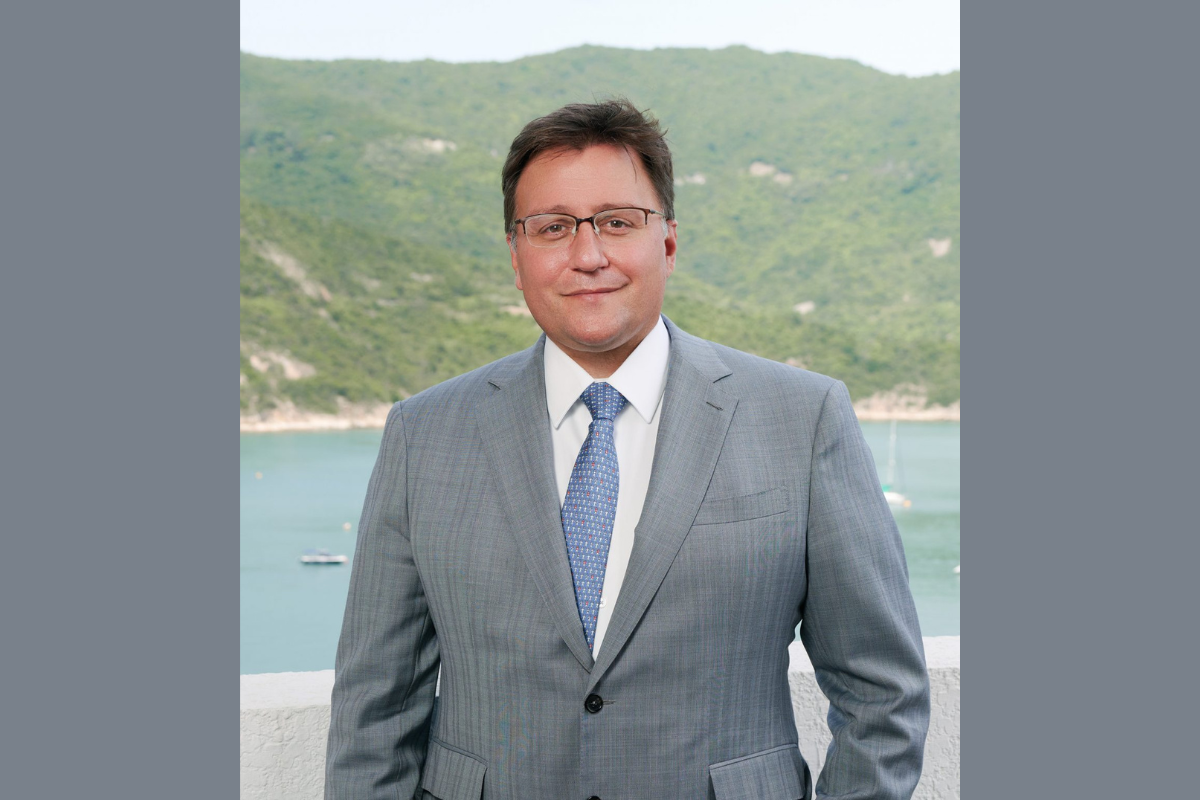
With just over 500 employees and nearly 3,000 ‘customers’ as he describes the school’s K–12 student body, he knows that, from a business perspective, HKIS is the size of a small company. But, put in an educational context, those figures are very large. And this seasoned professional has more than enough career experience to know that there are times when even schools need to be treated like businesses, especially when figures such as US$100 million a year in income are involved.
For Ron, who came to HKIS in 2014 from the Marymount International School in Paris, arriving to find “such a large school that wasn’t operating as a business was a surprise,” he says. He quickly got to work reorganising structures, including the creation of a COO position with responsibilities covering finance, facilities and human resources, the expansion of the advancement division to include brand management in addition to communications and fundraising, and the appointment of a facilities director focused on-site systems and logistics. “The last five years have really been about developing structures that work,” he says.
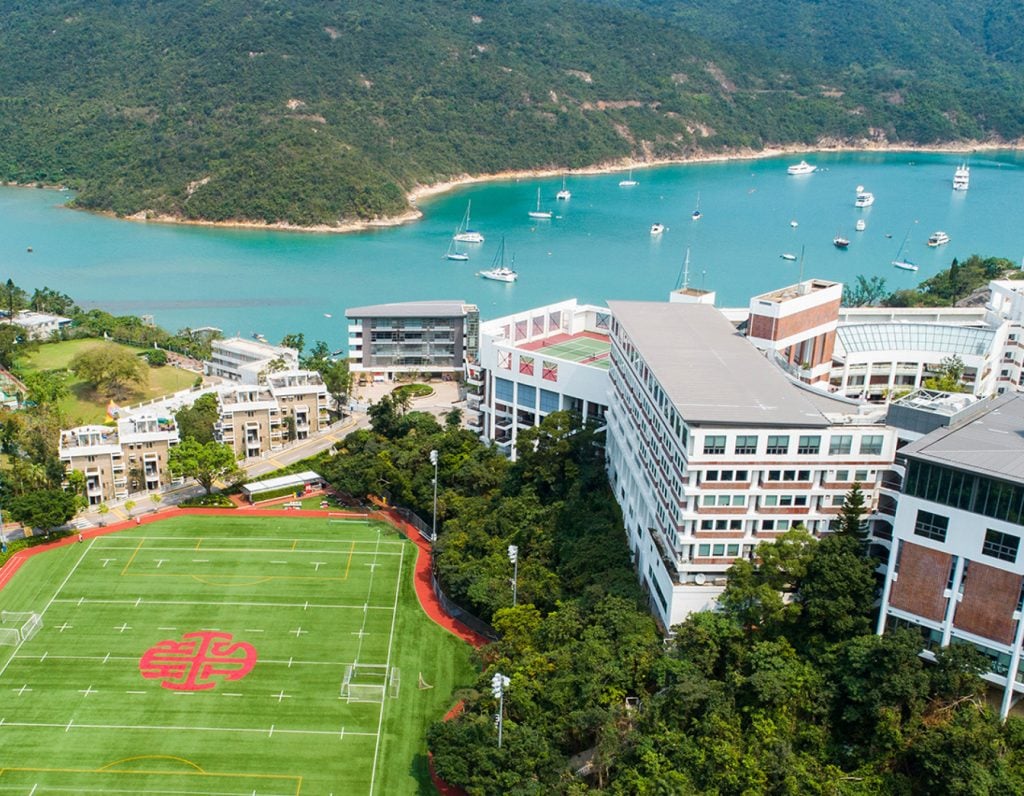
But while Ron has undertaken structural reorganisation, he hasn’t taken his eye off what matters most at HKIS: the students, parents and staff that comprise his stakeholder base. The next few years will see a large student activity centre open its doors and construction will begin on a thousand-seat performance hall that he hopes will become not just a school but a community venue. “I’d love to court the Hong Kong Philharmonic Orchestra and get them to do concerts on the south side as well,” he says.
The school is also hoping to break ground on what he calls Site B, an adjoining block of land it has recently acquired. “It will become an experiential learning hub for our students,” Ron says, with greenhouse and roof spaces, landing spots for drone and aerial photography, and a 200-seat hall for professional development. “We have also planned for open lab areas, so students that are building large projects will have workspaces that they can exhibit in,” he says. Like the student activity centre, he hopes these projects in development will also be embraced by the community.
He explains that the goal is to grow the school for the future. “We’ve made a pledge that HKIS is going to be here for 50 more years, so our driving force continues to be doing what we can to be the best that we can be and building the facilities and the programs to support that,” he says. “At the same time, our priority is to cherish and hold true to our current parents, teachers and students and offering as excellent a program as we can.”
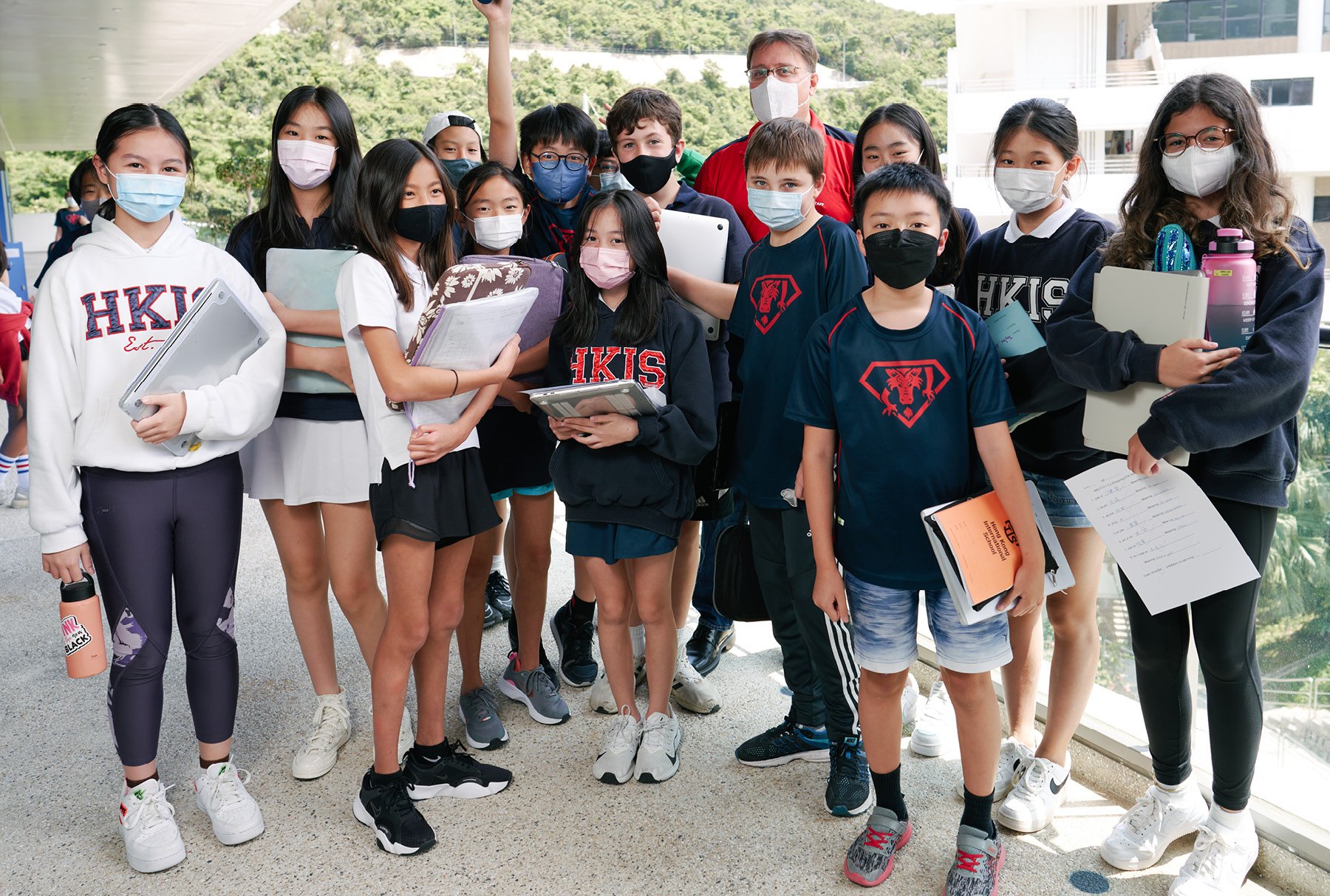
The last five years have really been about developing structures that work.
Mission focused
The school’s mission, ‘Dedicating our minds to inquiry, our hearts to compassion, and our lives to service and global understanding’, has remained unchanged since 1998 and, for Ron, the consistency of this message is what sets HKIS apart from other international schools in the region. “A lot of institutions will develop a new mission every time a CEO changes,” he says. “Ours hasn’t changed since 1998, nor has the fact that we’re grounded in the Christian faith, which we have been since our founding in 1966.” And, during these challenging pandemic times, following that mission and focusing on the children is the glue that keeps the school operational.
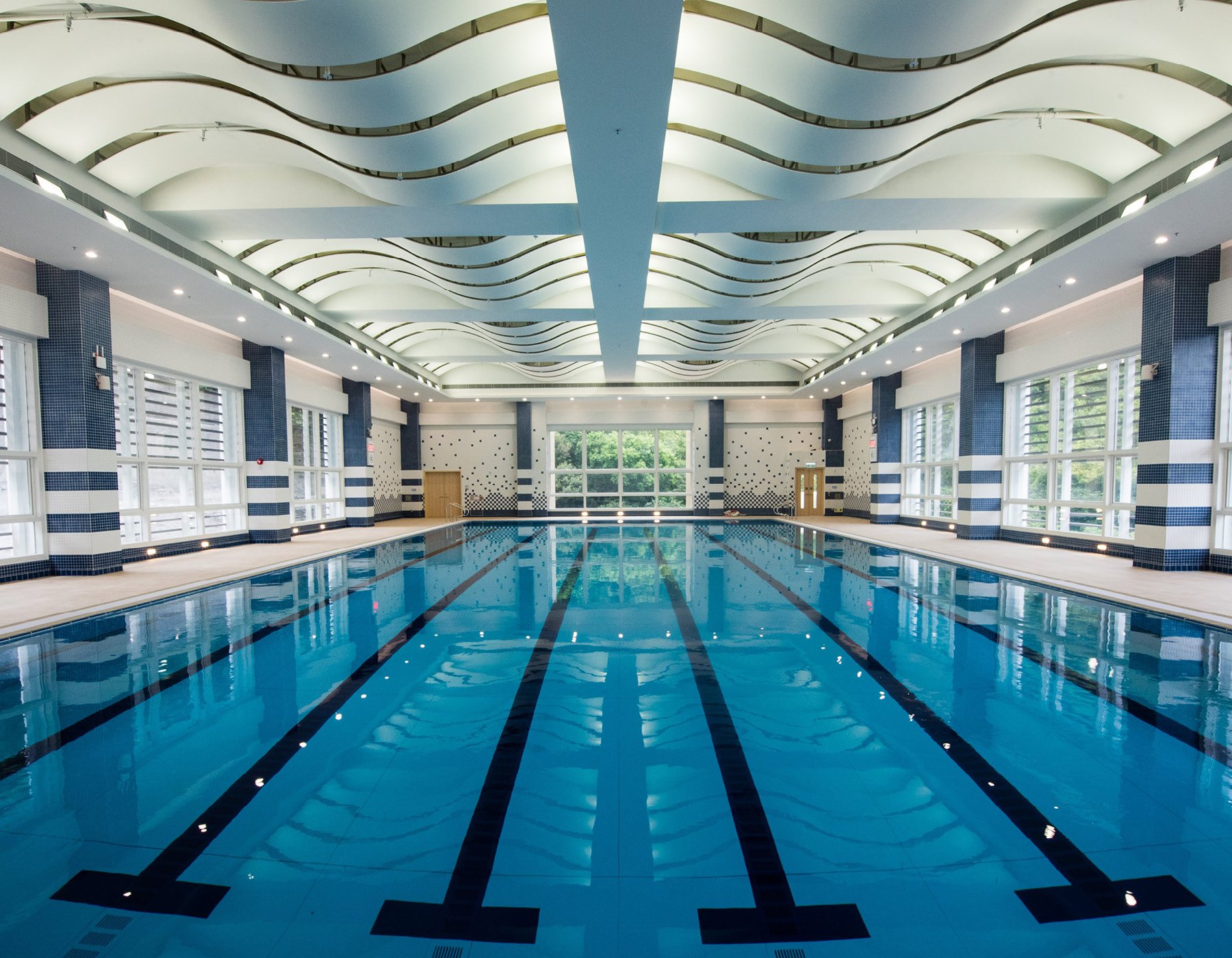
We offer services not just for our students, but for the greater good of Hong Kong.
Unlike many British-style schools, he says HKIS isn’t exam-driven and not tied to external results as much as other schools may be. “That’s important because it allows us to cater to the individual,” Ron says, citing ex-student Sidney Chu who was able to combine his education at HKIS with his speed-skating training as he worked towards making the national team at the 2022 Beijing Olympics. “We try to ensure we are there for them, offering programs that will support their goals and aspirations.”
Such examples demonstrate how HKIS has become an active ambassador for the community. “We offer services not just for our students, but for the greater good of Hong Kong,” Ron says, adding that he has hopes that the school can acquire a site in the Tai Tam district that could be turned into a museum and history opportunity. “We have petitioned to take over a pumping station and quartermaster house at the end of the Tai Tam hiking trails,” he explains.
Ron envisages a historical marker where people can also stop on their hikes for refreshments. “As an educational environment, there’s access to the water and we’ll be able to get out our kayaks, canoes and other equipment to really promote exploratory learning,” he continues.
It’s these two-sided approaches that sum up Ron’s vision of the school. “We are really here for the community while meeting the individual needs,” he says.
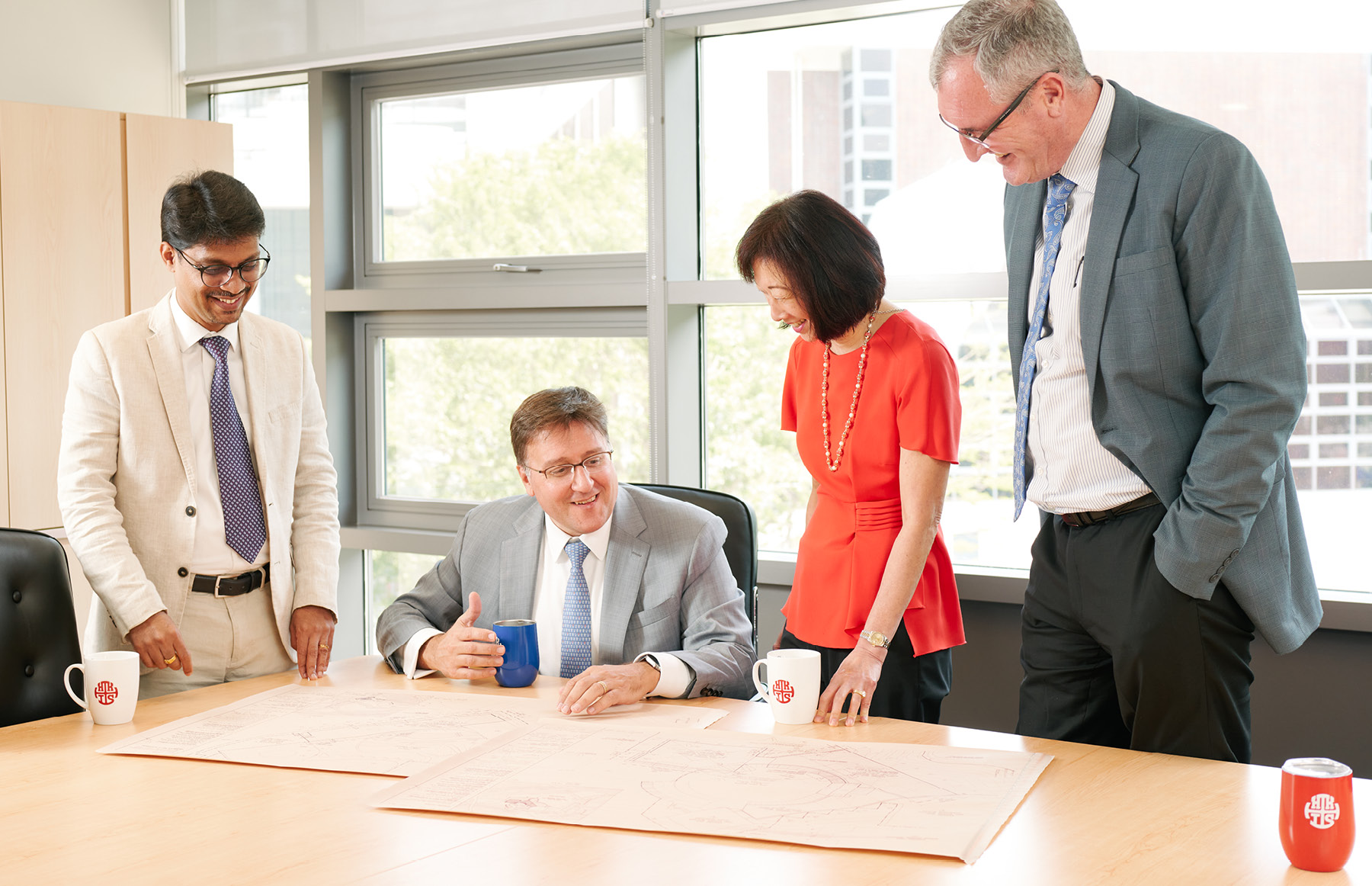
HR Hold-ups
Like other executives in Hong Kong, Ron says that COVID-19 restrictions are causing short-term hiring challenges. “I believe that it will be complicated to continue to recruit high talent because people will take a step left and maybe go towards Japan or Vietnam, or other areas with less restrictions,” he says. But as he looks beyond the next year or two, his outlook is more positive. “Hong Kong is still a very good place to be and I’m positive that once the coronavirus has gone, it will remain the international hub it was before.”
Kwoon Chung Bus Holdings

